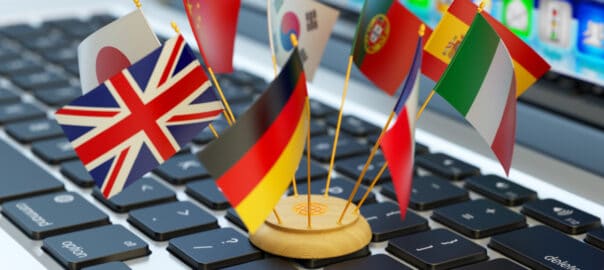The importance of providing translated materials to multicultural patients cannot be overemphasized. Healthcare providers work with diverse patient populations, and effective communication is vital for the quality of care they give. Besides, recent regulations have affected both directly and indirectly the need to provide translated documentation to patients. By utilizing a professional translator for the health industry, healthcare organizations can consistently provide high-quality translations. They will be understood easily by limited English proficient patients.
Healthcare providers understand there are many benefits relying on external professional translators. Outsource translators have expertise that is not available to most healthcare organizations. It can be knowledge in specialized subjects such as cardiology or pediatrics. Also, even though third-party agencies only ever use professional translators, the best language service vendors will use multiple linguists on every project to check each other’s work.
In comparison, healthcare providers that rely on internal translators rarely use a second translator or editor to check the work of the first one. External translators perform other quality assurance procedures to check formatting and compliance of translation, and, if there is ever any doubt, they will have a third linguist’s review of the material to ensure a high-quality deliverable.
Lastly, turnaround times are almost always faster and more reliable when the provider uses an external professional translator, particularly for large and complex documents.
Furthermore, to produce the highest-quality translations, it is important to manage the consistency of translated materials. There are several tools that an external translator for the health industry uses to manage consistency. These include:
- Translation Memory: A software stores translated content, which allows the reuse of frequently repeated content. Over time, Translation Memory can produce significant savings of both time and cost associated with translation.
- Glossaries: Industry-specific glossaries capture the organization’s terminology preferences so that consistent terminology is used for all translations. Input from the client’s internal staff is very helpful when creating and maintaining glossaries.
- Style Guides: All non-terminology preferences, including formatting requirements, treatment of acronyms and proper nouns, style, and tone of healthcare translations, are captured in a document or template that the translators use to define the style and layout of the translated materials.
For a decade, Homeland Language Services has faithfully delivered world-class translation to caregivers and patients at their critical moments of life. We are exceedingly proud to be the trusted language-access provider to the United States’ most formidable healthcare organizations. When hospitals, physicians, and clinics partner with Homeland Language Services, they have on-demand access to reliably fast, secure, scalable medical translation services that are available night and day. We guarantee world-class, medically qualified translators 24/7.







